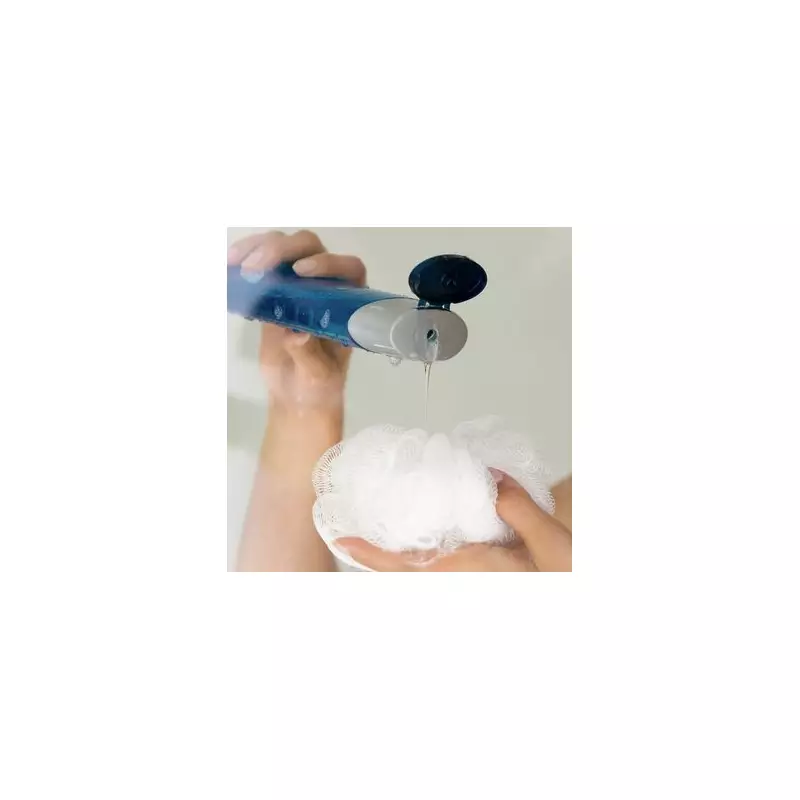
That innocuous-looking loofah hanging in your shower could be harbouring a sinister secret. A leading dermatologist has issued a stark warning, urging the British public to immediately reconsider their shower routine after revealing the shocking truth about these popular bath sponges.
Dr. Jaber, a renowned skincare expert, has pulled back the curtain on the damp, dark environment of a typical loofah, describing it as the perfect breeding ground for a host of nasty bacteria and fungi. The very nature of a loofah – its porous structure combined with the warm, wet conditions of a bathroom – creates a petri dish for microbial life.
The Unseen Dangers Lurking in Your Bathroom
The risks associated with a contaminated loofah are far from trivial. Regular use can lead to a host of skin problems and more serious health complications, including:
- Skin infections: Bacteria such as Staphylococcus can enter the body through tiny nicks or cuts from shaving.
- Folliculitis: An infection of the hair follicles causing itchy, painful bumps.
- Fungal growth: Mould and yeast can thrive, leading to persistent skin issues.
- Re-introducing dirt: Instead of cleaning you, a dirty loofah simply spreads old grime and dead skin cells back onto your body.
How to Protect Yourself: Safer Alternatives
Fortunately, you don't have to choose between exfoliation and hygiene. Dr. Jaber recommends ditching the natural loofah altogether and suggests these more hygienic alternatives:
- Washcloths: Use a fresh, clean flannel for each shower. They are easier to launder at high temperatures, effectively killing bacteria.
- Silicone scrubbers: These non-porous tools are naturally antimicrobial and dry almost instantly.
- Your hands: A simple, thorough wash with soap and your hands is often perfectly effective and the most hygienic method.
If you simply cannot part with your loofah, strict maintenance is non-negotiable. Experts insist you must rinse it thoroughly after every use, wring it out completely, and store it in a dry, airy space – never in the shower spray. Most critically, you should replace a natural loofah every three to four weeks without fail.
This warning serves as a crucial reminder that our everyday hygiene habits deserve a second look. Sometimes, the tools we trust to keep us clean are doing anything but.





